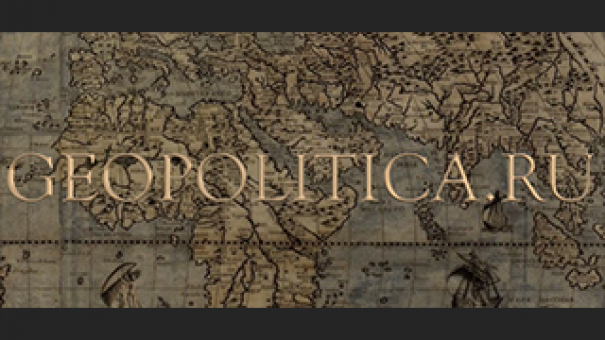Soros: Europe on the verge of collapse
Billionaire financier George Soros has warned that the European Union is on the "verge of collapse" over the migrant crisis and is in "danger of kicking the ball further up the hill" in its management of the issue which has seen more than a million migrants and refugees arrive in the region in 2015.
In an interview with the New York Review of Books, Soros added that the German Chancellor Angela Merkel is key to solving the crisis.
Merkel led Europe's response to the migrant crisis, opening Germany to the refugees that had travelled from the Middle East, in particular Syria, to try and find a new home in Europe. The decision by the German leader marked a sea-change in her policy. In the interview, Soros said he welcomed Merkel's move.
"There is plenty to be nervous about," the financier said.
"As she (Merkel) correctly predicted, the EU is on the verge of collapse. The Greek crisis taught the European authorities the art of muddling through one crisis after another. This practice is popularly known as kicking the can down the road, although it would be more accurate to describe it as kicking a ball uphill so that it keeps rolling back down."
"Merkel correctly foresaw the potential of the migration crisis to destroy the European Union. What was a prediction has become the reality. The European Union badly needs fixing. This is a fact but it is not irreversible. And the people who can stop Merkel's dire prediction from coming true are actually the German people. "
"Now it's time for Germans to decide: Do they want to accept the responsibilities and the liabilities involved in being the dominant power in Europe?"
Soros' comments come as Finland's Finance Minister, Alex Stubb, told CNBC that Germany's open policy on migrants was, "humane, that was probably the right thing to do at the time but the key issue here is that one of the fundamental freedoms of the European Union is under threat and that is the free movement of people and the whole Schengen agreement."
"On top of that, we've had a Euro crisis which is about free movement of money so two of the core pillars of European integration are under threat right now," said Stubb, to CNBC in Davos.
In his interview Wednesday, Stubb denied the idea that the Schengen zone, which allows the free passage of EU citizens through almost all of its members, is a security threat to Europe.
"We shouldn't draw parallels between [the] refugee crisis and terrorism. The roots of terrorism are much, much deeper than that."
"What we need to watch out for is radicalization. What does this mean? It means we need to get these people to work, we need to give these people employment, we need to give them hope, we need to integrate them into our societies, they need to learn our languages," said the Finance Minister, to CNBC.
Stubb, known for his fiscally hardline views,explained to CNBC why he wants to introduce a 15 percent cut to wages in Finland.
"We basically need to do what Germany did in the late 1990s, early 2000s. We need to take some hard reforms; basically, I'm looking at a positive circle or a virtuous circle of the economy, that means number one, we become more competitive, number two, we get more exports, number three, we get more jobs, number four, we get more taxes, which I like as finance minister, and then number five, in order to finance our welfare state, we use those taxes."
Stubb also shared his thoughts on the UK referendum vote.
"I think it would be a great travesty both for the UK, economically, politically and otherwise, and a travesty for the European Union if there was a divorce," he said to CNBC.



